
Introduction
Greek wine, with its millennia-old history and a tapestry of unique grape varieties, is enjoying a renaissance on the global wine stage. From the sun-drenched vineyards of Santorini to the rugged terrain of Nemea, Greece offers a diverse and captivating world of wine waiting to be explored.
In this comprehensive guide, we embark on a journey through the fascinating realm of Greek wine. From its ancient origins to the modern renaissance, from indigenous grape varieties to iconic wineries, we will uncover the secrets of this vibrant and evolving wine culture.
The History and Heritage of Greek Wine: A Divine Legacy
The story of Greek wine is deeply intertwined with the myths, legends, and rituals surrounding Dionysus, the god of wine and celebration in ancient Greek mythology. This divine connection has left an indelible mark on the history and heritage of Greek winemaking.

The Birth of Dionysus
The tale begins with Dionysus himself, born of the union between Zeus, the king of the gods, and Semele, a mortal princess. Semele's tragic demise and Dionysus's miraculous birth from Zeus's thigh imbued him with a dual nature—both mortal and divine. This extraordinary origin underscored the idea that wine, too, had the power to transform and elevate the human experience.
Dionysus: The Patron of Wine
Dionysus assumed his role as the patron of wine, celebration, and ecstatic revelry, endowing wine with spiritual significance. He became the embodiment of the joyous and liberating aspects of life, inspiring an enduring love for wine among the ancient Greeks.
Wine as Divine Nectar
The Greeks believed that wine was a gift from the gods, and Dionysus was its ultimate bestower. Wine was seen as a sacred beverage, often referred to as "the divine nectar." Its consumption was not merely a physical act but a pathway to spiritual communion and artistic inspiration. The symposium, a Greek social institution centered around wine, intellectual discourse, and music, was a testament to this belief.
Dionysian Festivals and Rituals
Dionysus's influence extended to festivals and rituals dedicated to him. The most famous was the Dionysia, a theatrical extravaganza featuring tragic and comedic plays. Theaters, adorned with masks—a symbol associated with Dionysus—hosted these performances, underscoring the connection between wine, theater, and artistic expression.
Viticulture and Winemaking
Greek winemaking flourished in regions like Thrace, Crete, and the islands. The Greeks introduced innovative techniques like pruning and trellising, enhancing grape cultivation. Amphorae, ceramic vessels with intricate designs, were used to store and transport wine. The art of blending different grape varieties to achieve desired flavors was also a Greek innovation.
The Spread of Greek Wine
Greek wine was not confined to Greece itself; it was exported throughout the Mediterranean. Colonies established by the Greeks, such as those in Southern Italy and Sicily, played a pivotal role in spreading viticultural knowledge and Greek wine culture.
Modern Resurgence
In modern times, Greece's winemaking heritage has experienced a renaissance. Winemakers are rediscovering and reviving ancient grape varieties, like Assyrtiko and Agiorgitiko, while embracing modern techniques. Greek wines have gained international recognition for their quality and diversity.
Greek Wine Regions: A Journey Through History
Greece, often considered the cradle of Western civilization, boasts a winemaking heritage that dates back over 4,000 years. Its wine regions, scattered across the mainland and islands, offer a captivating journey through history, culture, and terroir.
Peloponnese
Nemea: Known for its robust red wines, Nemea is a region in the northeastern part of the Peloponnese. It's home to the Agiorgitiko grape, which produces wines with rich berry flavors and a hint of spice. Nemea is also famous for the Nemean Games, ancient athletic competitions, and the cult of Hercules.
Mantinia: Situated in the Arcadia region, Mantinia is renowned for its white wines made from the Moschofilero grape. These wines are known for their vibrant acidity, floral aromas, and notes of citrus and stone fruits.
Mainland Greece
Attica: This region encompasses the capital, Athens, and the surrounding area. It's where you'll find the famous Retsina wine, a white or rosé wine flavored with pine resin. While Retsina is an acquired taste, Attica also produces some excellent non-resinated wines, including Savatiano whites.
Macedonia
Naoussa: Located in Macedonia, northern Greece, Naoussa is the heart of Xinomavro production. Xinomavro is a red grape variety known for its high acidity, tannins, and aging potential. Naoussa's Xinomavro wines often display flavors of dark fruits, spices, and earthy notes.
Thessaly
Rapsani: Nestled on the slopes of Mount Olympus, Rapsani is another Xinomavro hotspot. The grape thrives in the region's high-altitude vineyards, resulting in wines with complexity and elegance. Rapsani wines are typically blends of Xinomavro, Krassato, and Stavroto grapes.
The Islands
Santorini: This volcanic island in the Cyclades is famous for its Assyrtiko grape. The unique volcanic soil and climate conditions produce crisp, mineral-driven white wines with remarkable acidity. Santorini's vineyards, trained into distinctive basket-shaped formations called "koulara," are a sight to behold.
Crete: Greece's largest island is a mosaic of microclimates and diverse grape varieties. The island produces a wide range of wines, including the fruity and aromatic Vidiano whites and the red, herbaceous Liatiko wines.
Samos: Known for its Muscat-based dessert wines, Samos produces some of Greece's most renowned sweet wines. The Muscat Blanc à Petits Grains grape thrives on the island's terraced vineyards, producing wines with intense floral and citrus aromas.
Greek Grape Varieties: From Ancient Roots to Modern Excellence
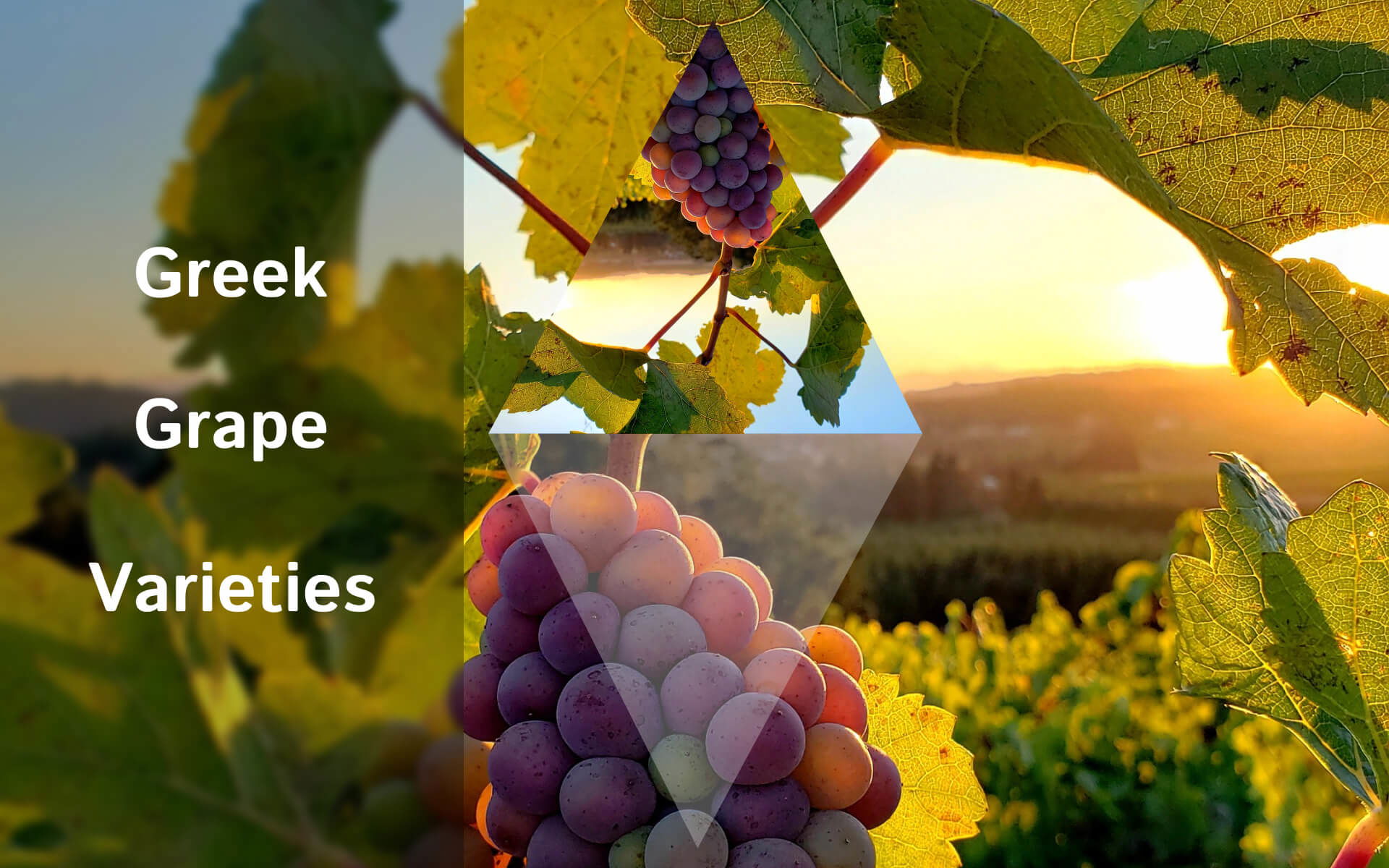
Greece, with its deep historical ties to viticulture, is home to a plethora of grape varieties, many of which are indigenous and unique to the region. These grapes have been cultivated for thousands of years, contributing to Greece's rich winemaking tradition. Here are some noteworthy Greek grape varieties:
Assyrtiko
Origin: Santorini, Cyclades
Characteristics: Assyrtiko is Greece's most celebrated white grape variety. Grown primarily on the volcanic island of Santorini, it thrives in the harsh, arid climate. Assyrtiko wines are renowned for their high acidity, mineral notes, and crisp citrus flavors. They are often bone-dry and incredibly refreshing, making them ideal for pairing with seafood.
Xinomavro
Origin: Northern Greece
Characteristics: Xinomavro is often referred to as Greece's answer to Nebbiolo. This red grape variety produces wines with high acidity, substantial tannins, and impressive aging potential. Its flavor profile includes notes of red fruit, spices, and hints of tomato and olive. Xinomavro is the star grape of the Naoussa and Rapsani regions.
Agiorgitiko
Origin: Nemea, Peloponnese
Characteristics: Agiorgitiko, also known as St. George, is a versatile red grape. It can range from light and fruity to bold and structured, depending on the winemaking approach. Common flavors include cherry, plum, and sometimes a hint of spice. Nemea, where Agiorgitiko thrives, is renowned for its red wines.
Moschofilero
Origin: Mantinia, Peloponnese
Characteristics: Moschofilero is a fragrant white grape known for its aromatic and floral qualities. Wines made from Moschofilero are often crisp, with notes of rose petals, citrus, and sometimes a subtle spiciness. This Moschofilero is a refreshing choice for those seeking a white wine with personality.
Malagousia
Origin: Northern Greece
Characteristics: Malagousia is a relatively recent discovery in Greek winemaking. It was nearly extinct before being revitalized in the 1980s. This white grape yields aromatic and expressive wines with floral aromas, stone fruit flavors, and a pleasant acidity. Malagousia has become a darling of modern Greek winemaking.
Liatiko
Origin: Crete
Characteristics: Liatiko is a red grape variety that thrives on the sunny island of Crete. It produces medium-bodied wines with flavors of red fruits, herbs, and a touch of spice. Liatiko wines are often enjoyed young and showcase the character of the Cretan terroir.
Muscat Blanc à Petits Grains
Origin: Samos, Aegean Islands
Characteristics: Muscat Blanc à Petits Grains, often simply referred to as Muscat, is a white grape famous for its sweet wines. These wines are intensely aromatic, featuring floral and citrus notes. Samos, in particular, is known for its Muscat-based dessert wines.
Greek Winemaking Techniques

Greek winemaking techniques have evolved over millennia, blending ancient wisdom with modern innovations. These methods, deeply rooted in the country's culture and history, contribute to the diverse and flavorful wines that Greece is known for today.
Viticulture: The Art of Grape Cultivation
- Terroir Selection: Greek winemakers pay meticulous attention to terroir—the combination of soil, climate, and topography. Each region's unique terroir determines which grape varieties thrive there. For example, the volcanic soils of Santorini are ideal for Assyrtiko, while the high altitudes of Naoussa suit Xinomavro.
- Vineyard Management: Traditional techniques like "kouloura" (basket-shaped vines) on Santorini or "gobelet" pruning in other regions are used to protect vines from harsh winds and the scorching sun. Sustainable and organic practices are increasingly common in modern Greek viticulture.
Harvesting: Timing is Everything
- Hand Harvesting: Many Greek winemakers prefer hand harvesting to ensure the careful selection of grapes at their peak ripeness. This labor-intensive method allows for the gentle handling of the fruit.
- Night Harvest: In hot climates like Greece, some winemakers harvest grapes during the cool nighttime hours to preserve their freshness and acidity.
Winemaking: Crafting the Wines
- Traditional Fermentation: In some regions, grapes are still foot-trodden in shallow stone tanks called "lagares." This ancient method is employed to extract juice and ferment red grapes.
- Stainless Steel Fermentation: Modern winemaking often involves temperature-controlled stainless steel tanks. This method allows for precise control of fermentation temperature, preserving the delicate aromas of white grapes like Assyrtiko and Moschofilero.
- Barrel Aging: Oak barrels, both French and American, are used for aging red wines, adding complexity and subtle oak flavors. Some regions, like Nemea, are known for their oak-aged Agiorgitiko wines.
- Amphorae: An ancient technique making a comeback is the use of clay amphorae for fermentation and aging. This method provides a unique flavor profile, particularly for natural and orange wines.
Modern Innovations
- Temperature Control: Modern wineries employ temperature-controlled fermentation and storage facilities to maintain the desired conditions throughout the winemaking process.
- Modern Equipment: Advances in winemaking technology, such as pneumatic presses and optical sorters, ensure precise grape handling and sorting.
- Sustainability: Many Greek wineries prioritize sustainable practices, such as organic and biodynamic viticulture, to preserve the environment and produce high-quality wines.
Blending and Aging
- Blending: Greek winemakers often blend different grape varieties to achieve balance and complexity. For instance, Naoussa wines may blend Xinomavro with Krassato and Stavroto grapes.
- Aging: Wines may be aged in various containers, from oak barrels to stainless steel tanks, depending on the desired style. Some Greek reds benefit from extended bottle aging to soften tannins and develop tertiary aromas.
Modern Greek Wine Renaissance
In recent years, Greece has experienced a wine renaissance, with winemakers combining traditional techniques with innovative approaches. This resurgence has resulted in wines that capture the essence of Greek terroirs while meeting modern tastes and standards.
Notable Greek Wineries and Producers
Greek winemakers have garnered international acclaim for their dedication to quality and innovation:
Domaine Skouras: Founded by George Skouras, this winery is celebrated for its elegant red wines from the Peloponnese.
Ktima Gerovassiliou: Evangelos Gerovassiliou has been a pioneer in reviving ancient grape varieties and crafting exceptional wines in Thessaloniki.
Santo Wines: Located in Santorini, Santo Wines is a cooperative of local producers, known for its Assyrtiko wines and breathtaking views.
Alpha Estate: Situated in Macedonia, Alpha Estate has gained recognition for its modern winemaking techniques and its exceptional Xinomavro wines.
Greek Wine Styles
Greek wine offers a wide spectrum of styles to suit every palate:
Crisp and Refreshing Whites: Explore the world of zesty and mineral-driven Greek white wines. These are perfect for sipping on a sunny day or pairing with seafood.
Aromatic Whites: Dive into the aromatic complexity of Greek whites, from floral Muscat-based wines to those with exotic fruit notes.
Bold Reds: Discover the robust and age-worthy red wines of Greece, often characterized by their deep color and rich tannins. These are ideal companions for hearty Mediterranean cuisine.
Sweet and Dessert Wines: Explore the world of Greek dessert wines, including the famous Muscat wines of Samos and the sweet elixirs of Commandaria.
Best Greek White Wines
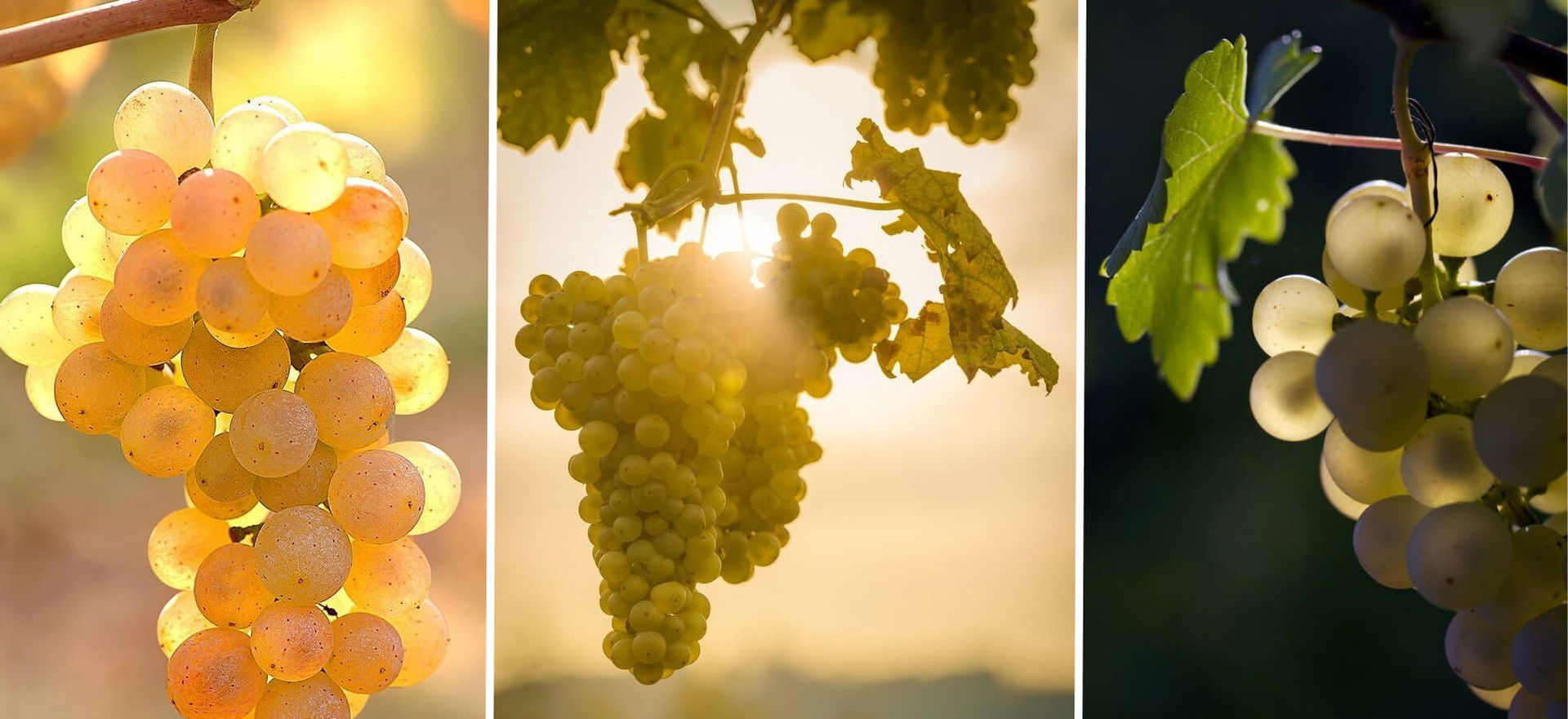
Assyrtiko from Santorini: Often hailed as Greece's finest white grape, Assyrtiko thrives in the volcanic soil of Santorini. The wines it produces are bone-dry, crisp, and bursting with mineral notes. Look for expressions from wineries like Santo Wines and Gaia.
Malagousia: Rescued from near-extinction, Malagousia is a fragrant white grape with an aromatic profile reminiscent of peach, citrus, and exotic fruits. A standout example is the Alpha Estate Malagousia.
Moschofilero: This pink-skinned grape from the Peloponnese produces wines with floral and citrusy aromas. Tselepos and Boutari are renowned producers of Moschofilero wines.
Robola from Cephalonia: Robola is a rare grape variety native to Cephalonia. Wines made from Robola are characterized by their high acidity and mineral complexity. Domaine Foivos and Gentilini craft exceptional Robola wines.
Vidiano from Crete: Vidiano is Crete's hidden gem, producing aromatic and well-structured white wines. Douloufakis and Lyrarakis are esteemed Vidiano producers.
Best Greek Red Wines
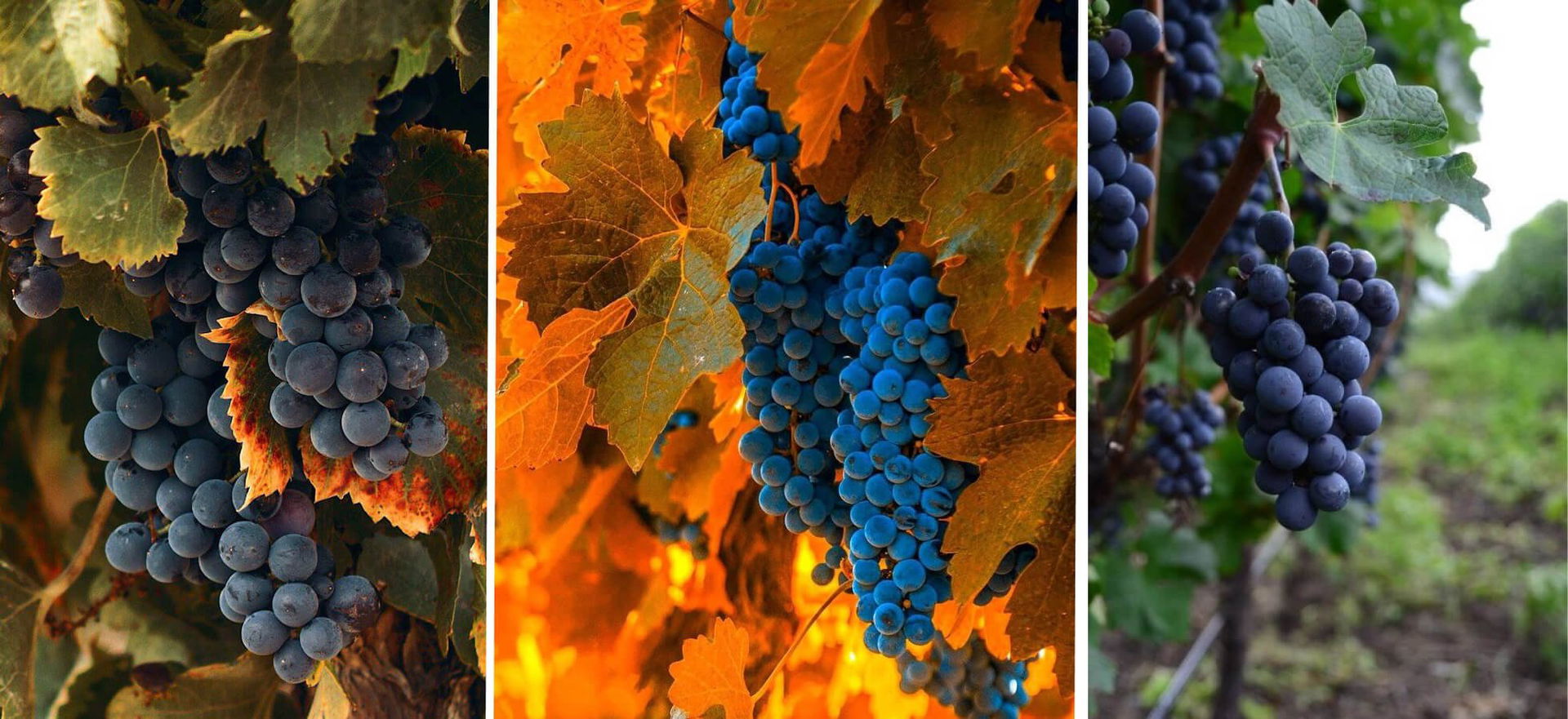
Xinomavro from Naoussa: Xinomavro is often compared to Nebbiolo for its bold tannins and aging potential. In Naoussa, Domaine Karydas and Kir-Yianni are acclaimed producers of Xinomavro wines.
Agiorgitiko from Nemea: Known as the "Blood of Hercules," Agiorgitiko yields smooth and fruity red wines with a medium to full body. Gaia Estate and Skouras are celebrated for their Nemean reds.
Mavrodaphne from Patras: Mavrodaphne produces sweet and fortified wines with rich, dark fruit flavors. The Mavrodaphne of Patras from Achaia Clauss is an iconic example.
Limnio: Limnio is one of Greece's oldest grape varieties, producing medium-bodied red wines with flavors of red berries and spice. Try Limnio wines from producers like Ktima Kir-Yianni.
Kotsifali and Mandilaria Blend: In Crete, a blend of Kotsifali and Mandilaria grapes creates bold and robust red wines. Diamantakis and Domaine Paterianakis are noted producers.
These selections represent the diversity and excellence of Greek white and red wines. Remember that wine preferences are subjective, so exploring different Greek grape varieties and regions is part of the adventure.
When seeking the best Greek white and red wines, consider visiting reputable wine shops or online retailers that specialize in Greek wines. Additionally, visiting Greek wineries can provide a unique opportunity to taste and purchase exceptional bottles directly from the source.
Greek Dessert Wines: A Sweet Culinary Tradition
Greek dessert wines have a rich history dating back to ancient times. These wines are typically crafted from sun-dried grapes, a winemaking technique that concentrates sugars and flavors. The result is a lusciously sweet wine with a unique character that reflects Greece's diverse terroirs and grape varieties.
- Vinsanto:
Vinsanto, which means "holy wine" in Italian, is perhaps the most famous Greek dessert wine. It is traditionally produced in the Cyclades islands, with Santorini being the most renowned region. Assyrtiko and Aidani grapes, left to sun-dry on straw mats, are the key varieties used. The resulting wine is amber in color, with flavors of dried fruits, honey, and spices. Vinsanto pairs exceptionally well with baklava and other honey-based desserts.
- Muscat-based Dessert Wines:
Muscat grapes, such as Muscat Blanc à Petits Grains and Muscat of Alexandria, are often used to create aromatic and sweet wines. Samos, an island in the Aegean Sea, is famous for its Muscat-based dessert wines. These wines exhibit intense floral aromas, with notes of orange blossom, apricot, and candied citrus peel. Samos Muscat wines are ideal companions to fruit-based desserts or cheese platters.
- Mavrodaphne of Patras:
Mavrodaphne, a grape variety native to the Patras region in the Peloponnese, is used to produce the sweet Mavrodaphne of Patras wine. It boasts a deep ruby color and flavors of dark fruits, toffee, and spices. This wine's sweetness makes it a lovely partner for chocolate desserts and rich cakes.
- Commandaria:
While not Greek in origin, Commandaria is a sweet wine produced on the island of Cyprus, which has a significant historical connection to Greece. It's one of the world's oldest named wines, with a history dating back over 800 years. Commandaria is a fortified wine made from sun-dried Xynisteri and Mavro grapes. It has a dark amber hue and offers flavors of dried fruits, nuts, and spices. It's the perfect ending to a Mediterranean meal, especially when paired with nutty desserts or cheese.
Popular Greek Wine Brands
1. Domaine Skouras: Founded by George Skouras in the Peloponnese region, Domaine Skouras is celebrated for its elegant and expressive wines. Their Megas Oenos, a red blend of Agiorgitiko and Cabernet Sauvignon, is a standout.
2. Gaia Wines: Gaia Wines, located both in Santorini and Nemea, is known for its innovative winemaking techniques. Their Assyrtiko wines from Santorini are highly regarded, with "Thalassitis" being a flagship expression.
3. Santo Wines: Situated on the breathtaking island of Santorini, Santo Wines is a cooperative of local producers. They are renowned for their Assyrtiko wines, offering a range from crisp and mineral-driven to oak-aged and complex.
4. Alpha Estate: Located in the northern region of Macedonia, Alpha Estate combines modern winemaking techniques with indigenous grape varieties. Their Xinomavro-based reds, especially "Xinomavro Reserve," have received critical acclaim.
5. Ktima Gerovassiliou: Evangelos Gerovassiliou is a pioneer in reviving ancient Greek grape varieties and crafting exceptional wines. His Malagousia and Viognier whites are celebrated for their aromatic complexity.
6. Achaia Clauss: Achaia Clauss, based in Patras, is famous for its Mavrodaphne of Patras, a sweet and fortified wine. This historic winery offers a glimpse into Greece's winemaking heritage.
7. Tselepos Winery: Located in the Peloponnese, Tselepos Winery specializes in Moschofilero, a fragrant white grape. Their "Mantinia" Moschofilero is a prime example of this variety's charm.
8. Boutari: A renowned name in Greek wine, Boutari has wineries in various regions across Greece. Their Naoussa reds made from Xinomavro are noteworthy, and the "Santοro" Santorini white is highly regarded.
9. Lyrarakis Wines: Situated in Crete, Lyrarakis Wines focuses on indigenous grape varieties like Vidiano and Dafni. Their efforts in preserving these ancient grapes have led to exceptional results.
10. Domaine Porto Carras: Located on the Halkidiki peninsula, Domaine Porto Carras produces a wide range of wines, including Assyrtiko and Limnio. Their estate is known for its stunning vineyard views.
These are just a few of the esteemed Greek wine brands that have made significant contributions to the country's wine industry. Exploring their offerings can provide a diverse and enriching experience of Greek wine, from the crisp whites of Santorini to the robust reds of Nemea and beyond.
Frequently Asked Questions (FAQs)
Let's address some common questions about Greek wine:
-
What makes Greek wine unique?
Greek wine's uniqueness lies in its ancient grape varieties, diverse terroirs, and winemaking traditions that date back thousands of years.
-
Can I visit Greek wineries?
Yes, many Greek wineries offer tours and tastings. Check with individual wineries for their visiting policies.
-
Which Greek wine pairs best with seafood?
Assyrtiko, with its crisp acidity and mineral notes, is an excellent choice for seafood pairing.
-
Are Greek wines suitable for aging?
Yes, some Greek red wines, especially those made from Xinomavro, have excellent aging potential.
-
Where can I buy Greek wine online?
You can purchase Greek wine online from reputable retailers. Visit our Greek wine page for a selection of wines available for purchase.
Conclusion
As we conclude this comprehensive guide to Greek wine, we hope you're inspired to explore the diverse and captivating world of Greek wines. From the ancient traditions to modern innovations, Greece offers a rich tapestry of flavors and stories waiting to be uncovered. Whether you're a seasoned wine enthusiast or just beginning your wine journey, Greek wine has something exceptional to offer. Cheers to discovering the magic of Greek wine!










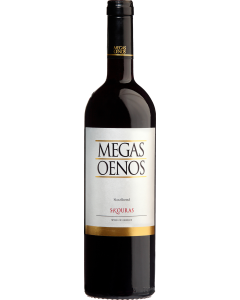


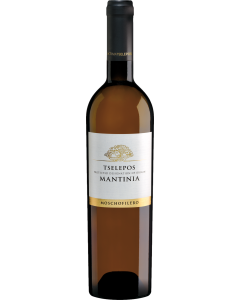




communication en speed ol service